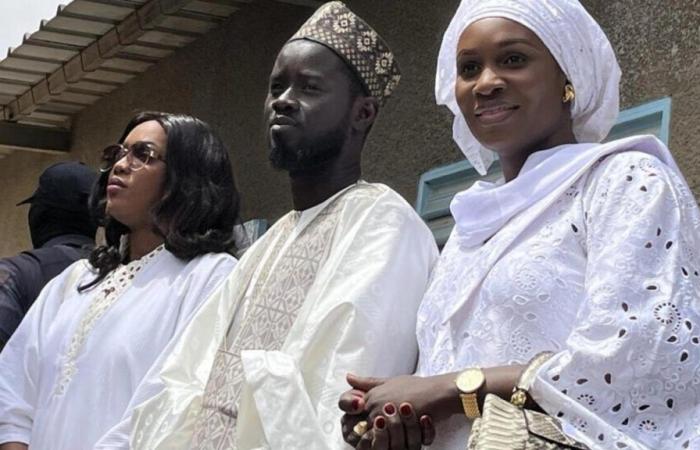On March 24, 2024, Bassirou Diomaye Faye was elected president of Senegal. For the first time in its history, the country has a president married to two women.
An unprecedented situation that has rekindled the divisions between those who consider that the polygamous model is one choice among others for women and those who see polygamy as a cause and consequence of gender inequalities. According to figures from the National Agency for Statistics and Demography of Senegal, 35% of households declared themselves polygamous in 2013 compared to 38% in 2002. In the absence of new statistics, what is the situation today? The marital status of the new Senegalese head of state and his prime minister Ousmane Sonko, also polygamous, indicate in any case that this matrimonial regime has become a symbol of social success. Beyond the Senegalese case, what are the realities of a polygamous marriage on the continent? What freedom of choice for co-wives? What positions does the new feminist generation take between celibacy, divorce and polygamy?
with :
• Djaïli Amadou AmalCameroonian writer and activist. Winner of the 2020 Prix Goncourt des lycéens for her book Les impatientes (Editions (Emmanuelle Collas, 2020). Her next novel Le harem du roi is coming out in August 2024 and also addresses the taboo of polygamy. TEL
• Djiby Diakhatesociologist of family and organizations at theCheikh Anta Diop University from Dakar to Senegal
Musical programming :
► Chili Pepper Ceremony – Bonbon Vodou
► Masupian – Komasi






